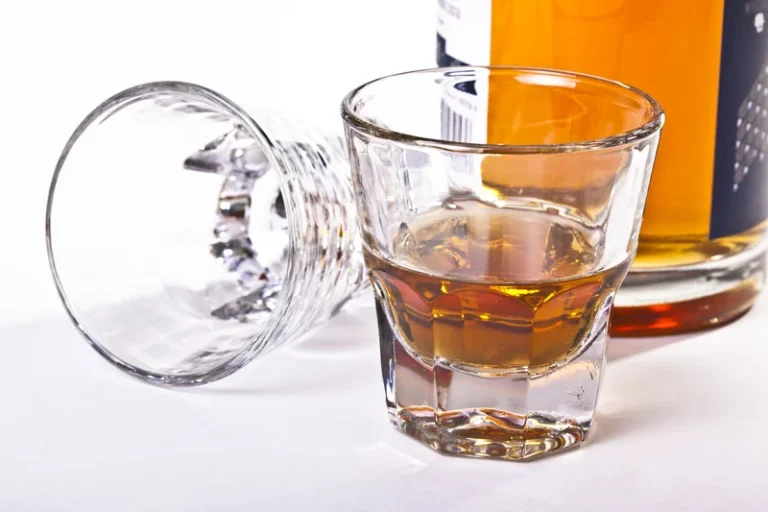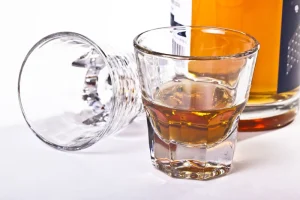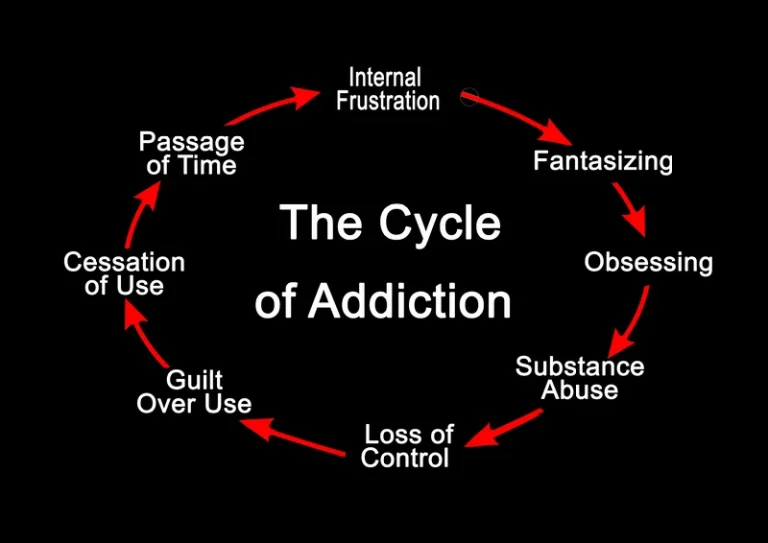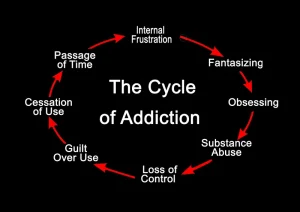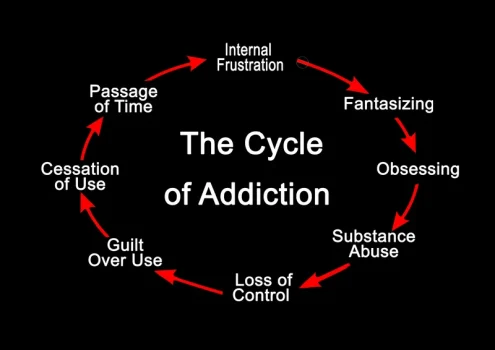
If you’re concerned that you might have developed alcoholic neuropathy, your first port of call should be to contact a doctor and book yourself in for a check-up ASAP. While there’s no question that alcohol addiction does cause neuropathy, the precise mechanisms at play during this condition’s development aren’t all that well understood. Let’s address the marijuana addiction different forms of alcoholic neuropathy individually and how they affect the human body. Alcoholic neuropathy signs and symptoms can progress gradually and are usually subtle at first.
Direct toxic effects of ethanol or its metabolites (direct toxicity)

As it progresses, it transforms into a discordant symphony of sensations, sharp, shooting pains akin to needles pricking the skin, coupled with an unsettling burning sensation that seems to intensify over time. The muscles may feel weakened and unresponsive, making even simple movements a challenge. Coordination becomes a struggle, akin to trying to maneuver through the fog, leading to stumbled and fumbled actions.

Alcoholic Neuropathy: Symptoms, Treatment, and Recovery Timelines

Alcoholic neuropathy, also called alcohol-induced peripheral neuropathy, is nerve damage in the body caused by the toxic effects of alcohol. This condition is caused primarily by the toxic effects of alcohol on the nerves, coupled with nutritional deficiencies common in long-term alcohol use. Both the quantity and duration https://ecosoberhouse.com/article/how-to-write-a-goodbye-letter-to-addiction/ of alcohol consumption play a role in its development. Izumi et al. 73 also demonstrated that a single day of ethanol exposure in rats on post natal day 7 results in significant apoptotic neuronal damage throughout the forebrain after 24 h of ethanol administration. Thus, it is quite possible that chronic alcohol consumption is responsible for inducing neuropathy by activation of the caspase cascade and may be an important target for the treatment of alcoholic neuropathy. While becoming sober and improving your diet will help your body heal in the long-term, neither will immediately help you deal with the pain and other symptoms of alcoholic neuropathy.
- As with any medical condition, prompt treatment is key to heal existing damage and prevent further harm.
- Patients present with pain, ataxia, and paresthesias in the lower extremities.
- That’s why a huge portion of alcohol abusers are at risk of developing alcoholic neuropathy.
- A doctor may also recommend treatments to manage neurological symptoms, such as pain relief medications, physical therapy, and mobility aids.
- This not only makes it impossible to enjoy intercourse, but it also interferes with your daily life.
Alcohol Neuropathy Symptoms
The exact number of people affected by this condition is not known, but studies have shown that up to 66% of patients with chronic alcohol use disorder may have some form of the disease. The cause is multifactorial, from both nutritional deficiencies and alcohol metabolism’s direct toxic effects on neurons. Because of the diverse effects of alcohol on the body, these patients should be managed by an interprofessional team.

The subgroup without thiamine deficiency consisted of 36 patients, while the subgroup with thiamine deficiency consisted of 28 patients. In addition, 32 patients with nonalcoholic thiamine deficiency neuropathy were also evaluated for comparison. The subgroup without thiamine deficiency, considered to be a pure form of alcoholic neuropathy, uniformly showed slowly progressive, sensory dominant symptoms. Superficial sensation, especially nociception, was predominantly impaired and painful symptoms were the primary complaint in most patients in this group.
How soon does alcoholism cause neuropathy?
The majority of patients were middle-class, working men, and continuous drinkers were more affected than episodic drinkers. Parental family history is a risk factor for developing this condition. Women are more likely to develop alcohol polyneuropathy and suffer from a more rapid onset and greater severity.
This powerful online resource can connect you with treatment facilities from around the country. Preventing alcoholic neuropathy is fundamentally about managing our alcohol intake. It’s about understanding the role alcohol plays in our lives and finding healthier alternatives to cope with alcoholic neuropathy stress, socialize, and relax. Alcoholic neuropathy requires a comprehensive treatment approach focused on both halting the condition’s progression and alleviating its symptoms. This dual strategy is essential to manage the condition effectively and improve our quality of life.
- Specializing in diverse mental health challenges, including depression, addiction, and trauma, Christy embraces a person-centered approach.
- Alcoholic neuropathy, a condition caused by sustained and excessive alcohol consumption, can be painful and debilitating.
- However, some people notice an improvement in symptoms a few months after discontinuing alcohol intake.
It has previously been considered in relationship to nutritional, especially thiamine, deficiencies seen in alcoholics. Thiamine deficiency is closely related to chronic alcoholism and can induce neuropathy in alcoholic patients. Ethanol diminishes thiamine absorption in the intestine, reduces hepatic stores of thiamine and affects the phosphorylation of thiamine, which converts it to its active form 12. These relationships make chronic alcoholism a risk factor for thiamine deficiency. In addition to thiamine deficiency, recent studies indicate a direct neurotoxic effect of ethanol or its metabolites. Axonal degeneration has been documented in rats receiving ethanol while maintaining normal thiamine status 5.
Alcohol and Mental Health
Patience and consistency in adhering to the prescribed treatment are crucial for a successful recovery. It’s important to be open with your healthcare provider about your symptoms and alcohol consumption history so they can provide the best care possible. Alcoholic neuropathy, a condition caused by sustained and excessive alcohol consumption, can be painful and debilitating. To help diagnose this condition, medical professionals will perform a variety of tests and assessments. In this section, we will discuss the diagnostic tests and how related conditions can be assessed.
